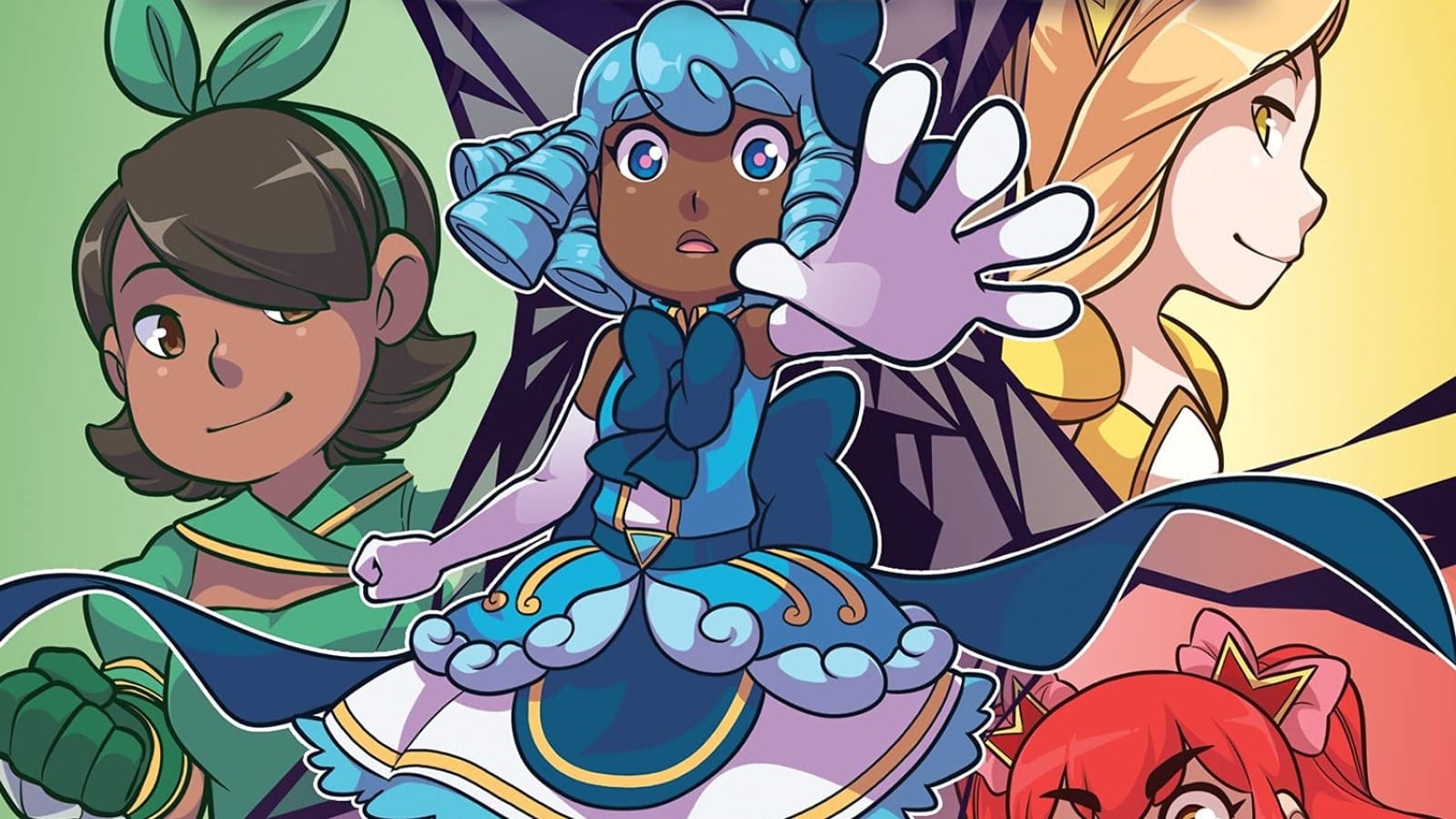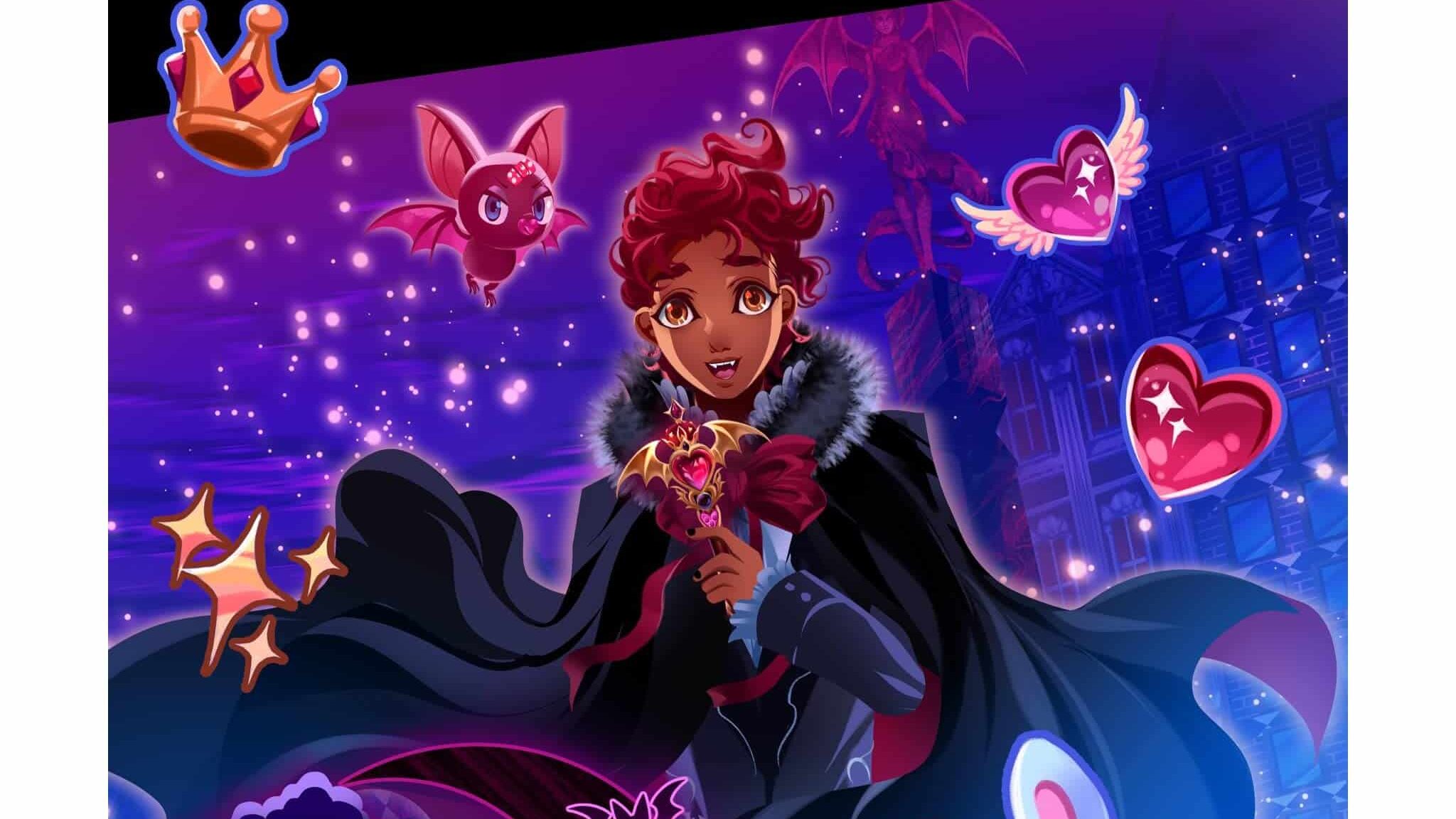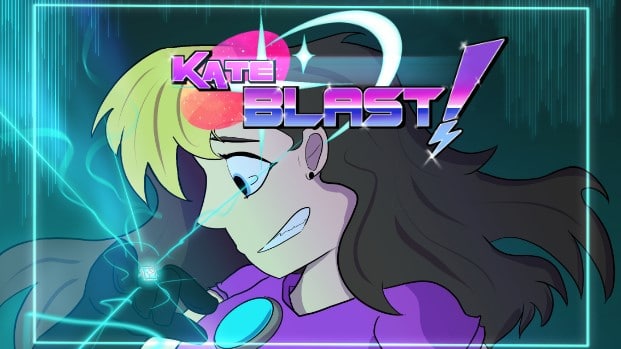One of my favorite comic book subgenres is mahou shoujo or magical girl, a Japanese manga and anime subgenre involving female magic users who are usually witches, warriors, superheroes or idol singers. Not only are most of these comics considered feminist, but many of these manga also have LGBTQ+ characters and themes that appeal to a wide audience.
When it comes to their influence on Western comics, two of the most impactful mahou shoujo manga and anime are Naoko Takeuchi’s Sailor Moon and Kunihiko Ikuhara’s Revolutionary Girl Utena. The former told the story of a reincarnated moon princess who fights evil as a superhero, while the latter told the story of a girl who dresses like a prince and engages in school duels for a mysterious girl known as The Rose Bride. Years after their debut in the ’90s, a generation who grew up watching and reading mahou shoujo have now made their own comics and animated series.
As a ’90s kid who grew up watching and reading Sailor Moon and experienced a queer awakening via Sailor Moon and Utena as an adult, the mahou shoujo genre remains a personal passion of mine. I have loved seeing how Western comics and animation have incorporated mahou shoujo themes into their works for a new generation to enjoy. Here are five mahou shoujo webcomics I’ve enjoyed reading.
Sleepless Domain
Written and drawn by Mary Cagle (with the first two chapters by Oskar Vega) and edited by Jojo and Isabelle, Sleepless Domain is about an isolated city where magical girls fight monsters at night. On a particularly tragic night, a blue-haired magical girl named Undine somehow loses her team to a vicious monster. In the aftermath, she must figure out the truth of what happened while learning to cope with her trauma.
In recent years, some mahou shoujo anime and comics have taken a darker route, and while I am personally not a fan of most of it, this comic is an exception. Not only does it not glamorize Undine’s trauma, it also features her learning healthy coping mechanisms and gaining a support group in the form of other magical girls. The art is a stunning palette of blacks, purples and chromatic colors that suit each character. I also love the gay and trans magical girl characters in this. In addition to being published by Hivemill and available to read online, the first four chapters have been published as a graphic novel.
Magical Boy Troubles
This Webtoon written and drawn by Red_ Fran tells the story of a magical boy named Kikyou and his boyfriend, Juan. Juan feels that Kikyou is taking on too much as a magical boy. However, since Juan doesn’t have magical abilities, he must figure out how to use his own brand of magic to help Kikyou. This leads to a misadventure that results in Juan and Kiykou growing as individuals and as a couple.
Not only are Juan and Kikyou adorable magical girl fans in this comic, but the way they refuse to perform gender as others dictate is admirable. One of my favorite scenes involves Juan and Kikyou as kids and Kikyou standing up for Juan and himself when other boys make fun of them for enjoying magical girls. It also helps that the soft and cute artwork enhances each boy’s gender expression, and their affection as a couple is sweet.
Princess Love Pon
Perhaps the pinkest and cutest magical girl webcomic out there, Princess Love Pon is created by Shauna J. Grant. It tells the story of Lia, a high school student worried about everyday things such as grades and boys, until she is visited by a talking animal that tells her she is chosen to become Princess Love Pon. Now, Lia helps heal others’ hearts while learning about loving others and herself.
Although it has been a while since I read this comic, this was one of the first magical girl webcomics I found myself enjoying. It helped me embrace my femmeness when I was figuring out my gender identity and how I wanted to express it. Needless to say, I no longer hate the color pink and feel that Princess Love Pon is the embodiment of softness, emotion and self-love.
Magical Boy
This webcomic by The Kao can be read on Tapas as well as in graphic novel format. It tells the story of a gay trans boy named Max who discovers he is descended from a long line of monster fighting magical girls. Given that a key theme of the magical girl genre is transformation, it is amazing to see this theme applied to transgender identity.
Although Max deals with dead naming, transphobia, misgendering and other issues unique to his gender identity, he also gradually learns to define himself and his power on his own terms. On the whole, Max is a snarky and amusing character, and the art is a fun spin on manga conventions such as sparkly backgrounds and exaggerated facial expressions.
Magical Twelfth Graders
A Korean Webtoon available in English, written by Seri and drawn by Biwan, Magical Twelfth Graders stars a high school senior named Yeorum Han. Traumatized by the death of her older sister Gyeowul, she is going through the motions trying to prepare for exams.
One day, she witnesses her male biology teacher transform into a magical girl and receives a pin that allows her to do the same. When she learns the pin is the same one her older sister used before she died, Yeorum decides to solve the mystery behind her sister’s death.
A surreal and sometimes dark webcomic, this story might not be for everyone. However, those who stick with it will find unexpected humor and honest commentary on the pressures that Korean high school students face during exam time and what is worth sacrificing for its rewards.
Magical Girl Academe
Written and drawn by Warbunny, this Webtoon features a lesbian magical girl fan named Tori Murakami. When she is given the opportunity to become a magical girl herself, she rises to the challenge. However, being a magical girl isn’t easy, especially with new powers, monsters and crushworthy rival magical girls!
Not only is the art stunning, but this is one of the funnest and gayest takes on Western magical girls I’ve seen. My favorite chapter involves Tori’s first transformation because her outfit design is a great combination of feminine and butch.

Latonya Pennington
Latonya Pennington is a freelance contributor whose comics criticism can be found at Women Write About Comics, Comic Book Herald, Newsarama and Shelfdust, among others.



